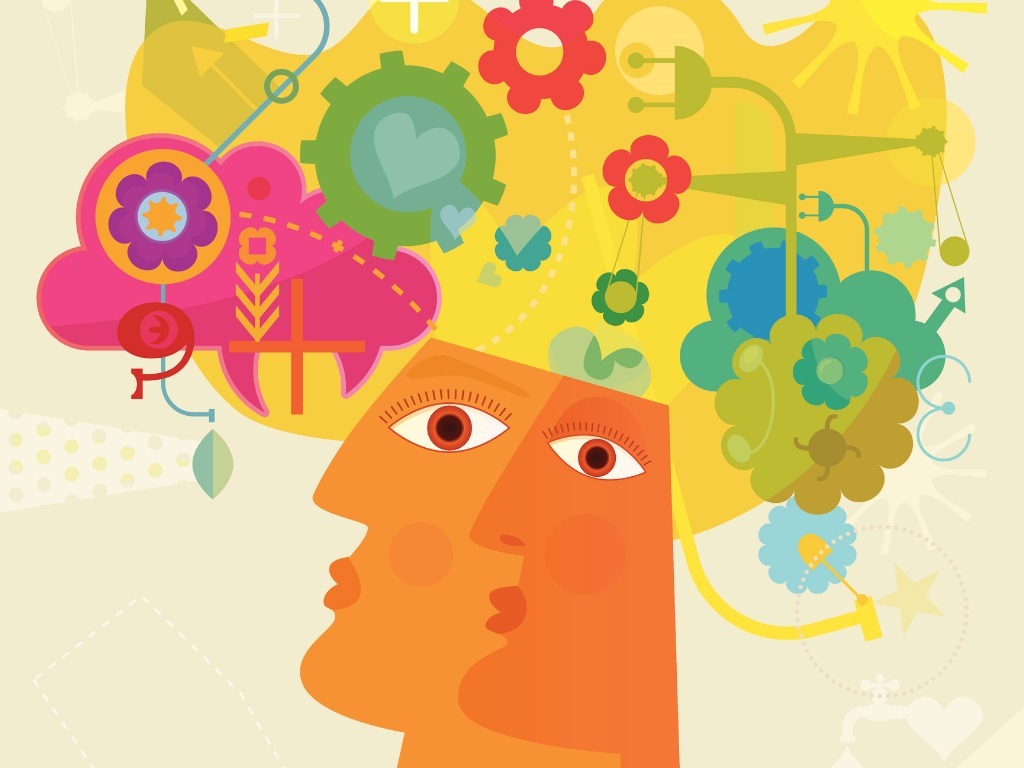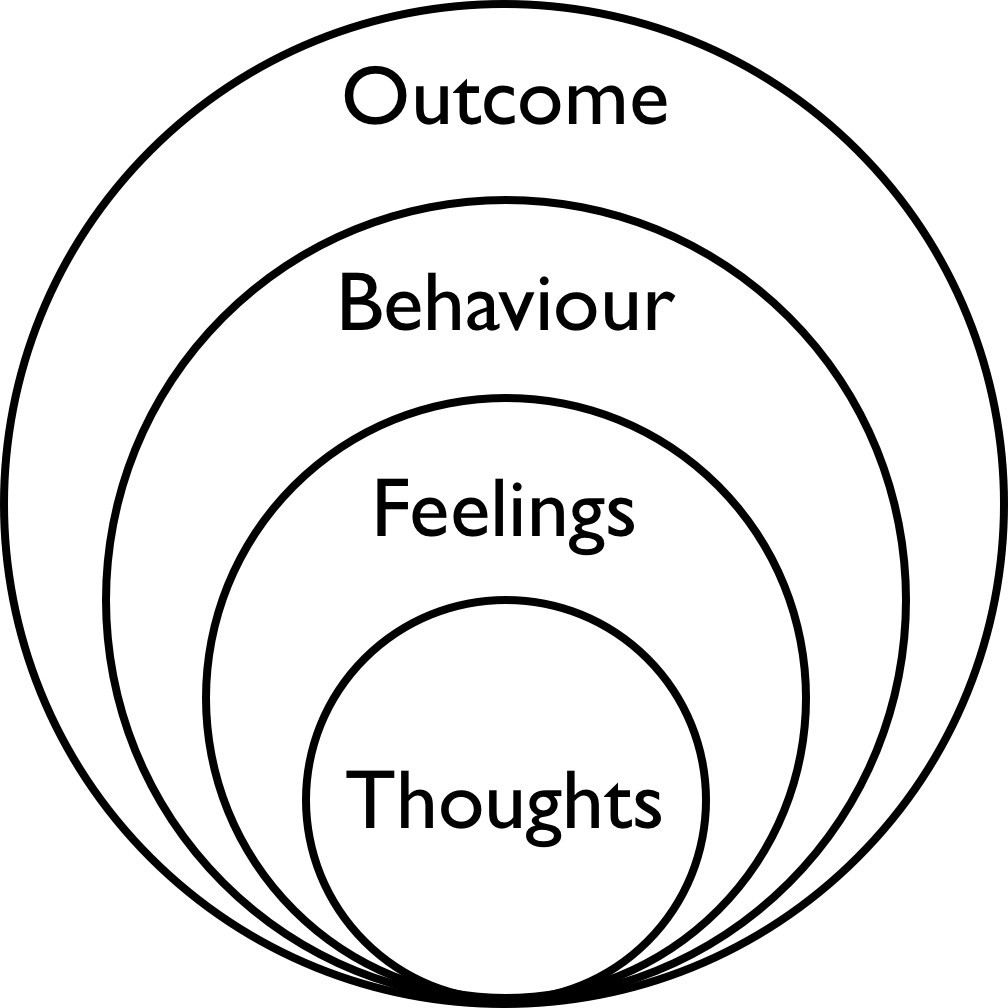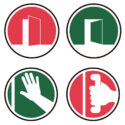
The quality of our thinking determines the quality of our relationships explains Jason Liem
A major part of my job is to meet with clients as a sparring partner to help them work through the challenges they face. In one recent session, I could see my client was clearly bothered by something. This surprised me because she’s the kind of person who is not easily flustered.
As we sat down, she explained she had just come straight from another meeting. She and a colleague had had a heated argument about the direction of a project. My client said her frustration was because of her colleague’s stubbornness and inability to consider opinions other than her own.
Like a great majority of us, my client assigned the cause of her feelings to something outside herself. She blamed her feelings of frustration on her colleague’s behaviour. My client misattributed the cause of her frustration. It was not her colleague’s behaviour that was the cause of her feelings. Rather it was her own thoughts she attached to the behaviour that caused her frustration.
A Better Approach
Keep in mind the following Inside-Out model as you read on:
A THOUGHT triggers a FEELING that triggers a BEHAVIOUR which leads to an OUTCOME.
It is almost effortless for our brains to assign a cause for our feelings to what we can see and hear. Our brains take the easiest route and assign fault to whatever is directly in front of us. That ‘outside’ thing, be it a person or an object.
But the true source of what is really going on is what we can’t directly perceive with our eyes. It’s our thoughts that are the source of our feelings.
Without realising it, most of us are living from an outside-in belief system so that our feelings will often seem like a reasonable response to how other people are treating us.
Each of us can only operate at the level of thinking we are in at any moment. We’re all doing the best we can, based on where our feelings are coming from at any given moment. Real clarity comes when we accept that our feelings do not come from somewhere outside ourselves. They are a result of our own thinking.

Building Stronger Relationships
If the goal is to develop and nurture stronger relationships, we need to start with our thoughts. We need to stop assigning blame for how we feel to something outside ourselves. The key word here is ownership. By this, I mean that we need to be accountable for the true source of our feelings, which are our own thoughts.
Ownership means we disregard the erroneous outside-in belief system. Holding on to this mindset implies that we give up control of how we feel and place it in the hands of other people. When we do this, we set ourselves up to be victims.
Ownership means we decide to adopt a fact-based system of how the brain really works. This means we take on-board the inside-out mindset:
- We come to realise that our feelings can only arise from our own thinking.
- We realise that the control of how we feel lies with us and not something outside of us.
- We accept that by changing our thoughts we change the emotions we experience.
- We take full ownership of our own emotional state of mind.
The Quality of Our Thinking Determines the Quality of Our Relationships
What most influences your state of mind when you are at work?
The most common answer I hear is ‘my relationships’. Intuitively this sounds correct. In fact, it’s our state of mind that influences our relationships.
It is inevitable at some point we will cross swords with someone at work. In those instances, it is too easy for us to get sucked into an emotional vortex. We then focus on the granular details of the interaction of who said what and why, and then assign blame. We lose objectivity, and in turn our judgement and evaluations become distorted.
In those situations, our brains go primal. The next thing we know we are telling ourselves that it is the other person who is making us feel the way we are feeling. We innocently and wrongly assign blame for our feelings on to anything else but ourselves.
We act from a victim mindset any time we assign blame about how we feel to another person. We move from thinking about the ‘we’ to thinking about the ‘me’. We lose sight of the damage we may be doing to our working relationships.
Building and nurturing our relationships means working from an inside-out mindset. We consciously and actively take ownership of our emotional state of mind. We stay conscious of the fact that the quality of our thinking influences the quality of our relationships. As a result, our connections improve and it’s easier to work things out.
The Most Important Relationship is with Me, Myself & I
The most important relationship is the relationship we have with ourselves. There are days when we are ecstatic to be who we are and then there are other days when we wish we could slip our skin. Everyone I know has walked both lines.
My job affords me the opportunity to meet all sorts of people and a broad range of personalities. One of the common challenges I work with is the plague of self-criticism. Those overly self-critical thoughts that get us questioning our self-worth.
Now consider these statistics:
The Past
We spend on average 40% of our thought muddling around in our past. Our brains have a natural affinity toward seeing things in a negative light. This is especially true when we don’t feel right with ourselves. As such, our past recollections can be self-critical in nature.
We seem to never tire of hurling disparaging remarks at ourselves. This may be for past performances, indiscretions, or foul-ups. Perhaps when we have forgotten things, made silly comments, or how we handled a situation. The list is almost endless. It is close to effortless to get lost in self-critical rumination and we can’t seem to let go.
The Future
We spend another 50% of our head-time trying to see through the fog of the future. Our brains try to predict how situations will play out. These predictions are not so favourable when we are feeling stressed and pressured.
Unfortunately, how we think about the future is not much better than how we think about the past. Our future thinking is also fertile terrain for our self-critical thoughts. They take the form of doubt, concern and worry.
I see these anxious thoughts play out in different permutations. These predictions tend to orbit around how life will unravel or how things will fall apart. So instead of cutting through the fog, we get lost in it.
The Present
Scores of studies have shown when the mind is in the present it tends to be calm, collected and cognisant. It’s in the here-and-now where most of us are better at building relationships with ourselves.
In the present state we show more respect and kindness to ourselves. We are reflective and our thoughts are well-grounded. Unfortunately, most of us only spend an estimated 10% of our time in the present.
The habitual thinking we do about our past and future form the beliefs we hold about ourselves. As we all know beliefs are only opinions. And opinions can change with experience and knowledge.
The big challenge is that we tend to forget this. Instead, we opt for taking the beliefs we have about ourselves as irrefutable facts. The brain becomes biased to information. It cherry-picks only details that support our beliefs.
The Bias of Confirmation Bias
Confirmation bias is the brain’s tendency to notice information that supports our beliefs. At the same time, it ignores anything that might disconfirm them. This filtering happens effortlessly and at an unconscious level.
Do you have self-critical thoughts about your shortcomings? How about your physical appearance, abilities, flaws or weaknesses?
If you take your beliefs as indisputable truths, then you’re undermining the relationship you have with yourself.
Your brain will do its utmost to filter information that supports any of your beliefs while filtering out details that might prove your belief to be wrong.
For example, if you believe “I am not of value. I am not interesting. I am a complete failure”, you will notice the one person who seems disinterested in your presentation, at the same moment disregarding the other nine people who are hooked.
In Conclusion
We build relationships, with others or with ourselves, one thought at a time. When we take responsibility for our thoughts and the feelings they generate, we empower ourselves. This means we decide to work from an inside-out mindset, where we keep control of our mental and emotional state and we don’t relegate this power to someone else.
With that said, we also agree to hold on to those thoughts that build and support us. When we do have self-critical thoughts, we will choose to see them as opinions. We know that opinions are not facts, which means we have the power to rewrite them, so they help us and not hinder us.













